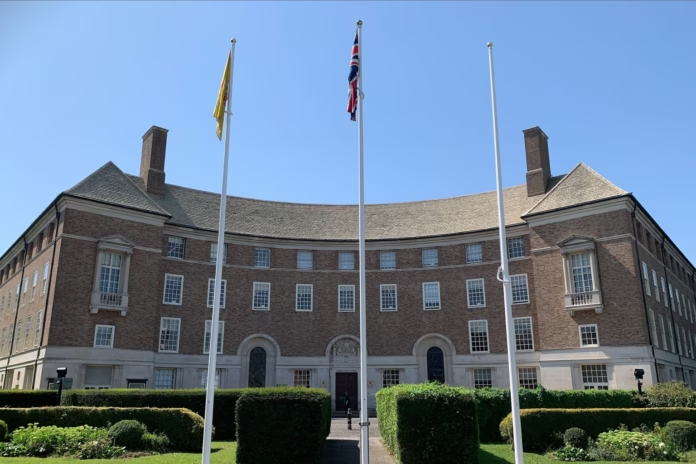Joanne Pitt argues that a recent nod to the nascent Financial Management Code from the Public Accounts Committee bodes well for the initiative’s development.
It’s a little bit unusual to have a Code that you haven’t released yet mentioned in a Public Accounts Committee (PAC). But that is exactly what happened at the recent meeting on Local Government Governance and Accountability, when CIPFA’s Financial Management Code (CIPFA FM Code) got a name check.
Of course over the years CIPFA CEOs and presidents have had to discuss, debate and deliberate many areas of local government activity, including publications such as the Prudential Code the Treasury Management Code, and the Local Authority Accounting Code, but these are all established codes and ones that the sector knows well.
What is different about the CIPFA FM Code is that it is still being shaped by the sector, and is not due to be released until later this year, after feedback from the current consultation round ends on 30 April 2019.
Unsurprisingly, the CIPFA FM Code has its roots in the decline in local government funding and the implications for financial sustainability. Events such as the issuing of the first section 114 notice in the spring of 2018 brought to light not only the fiscal pressure councils are under, but also showed there was significant variance in the ways local government approached their finances and the assurance they could offer.
While much of the sector is well positioned and the assurance around financial management very robust, there is a proportion of the sector who need to provide greater assurance and transparency around their activities and decision making — not only to satisfy auditing requirements, but to improve accountability and trust with the local community.
Initial discussions with sector leaders identified key challenges, such as how we could create this type of assurance framework. Developing one that allows those in a weaker position to benefit while not overly burdening those whose position is stronger.
Another discussion focused around how we could ensure that financial management was not just seen as an exercise for the chief financial officer and financial professional, but something that was ingrained within the wider leadership and cultural values of the organisation.
Guided by the professional expertise of a stakeholder group which contained treasurers from all tiers, as well as regional representatives and sector specialists, the group worked its way through these and other similar significant challenges to reach the position we are in today. The draft has progressed enough for public scrutiny, and we are asking for sector insight.
As Alex Skinner, director of local government finance at the MHCLG, said at the PAC meeting, it is a code that “sets out expectations”, but it is also one that supports the sector by clearly showing how an overarching framework of assurance built on best practice can support organisations as they seek to demonstrate financial sustainability.
You can find the draft CIPFA FM Code for consultation on CIPFA’s website. All responses must be provided by email to FMcode@cipfa.org by 30 April 2019.
Joanne Pitt is local government policy manager at CIPFA.













